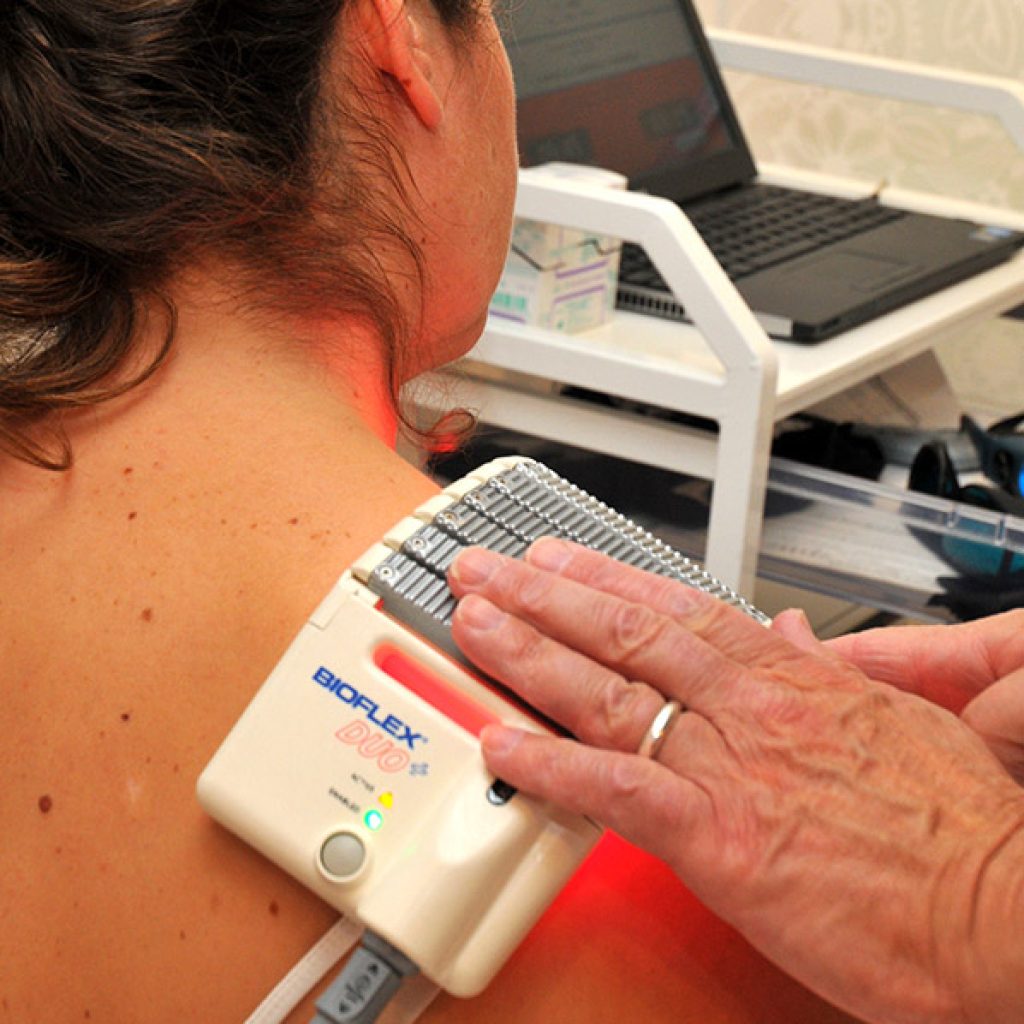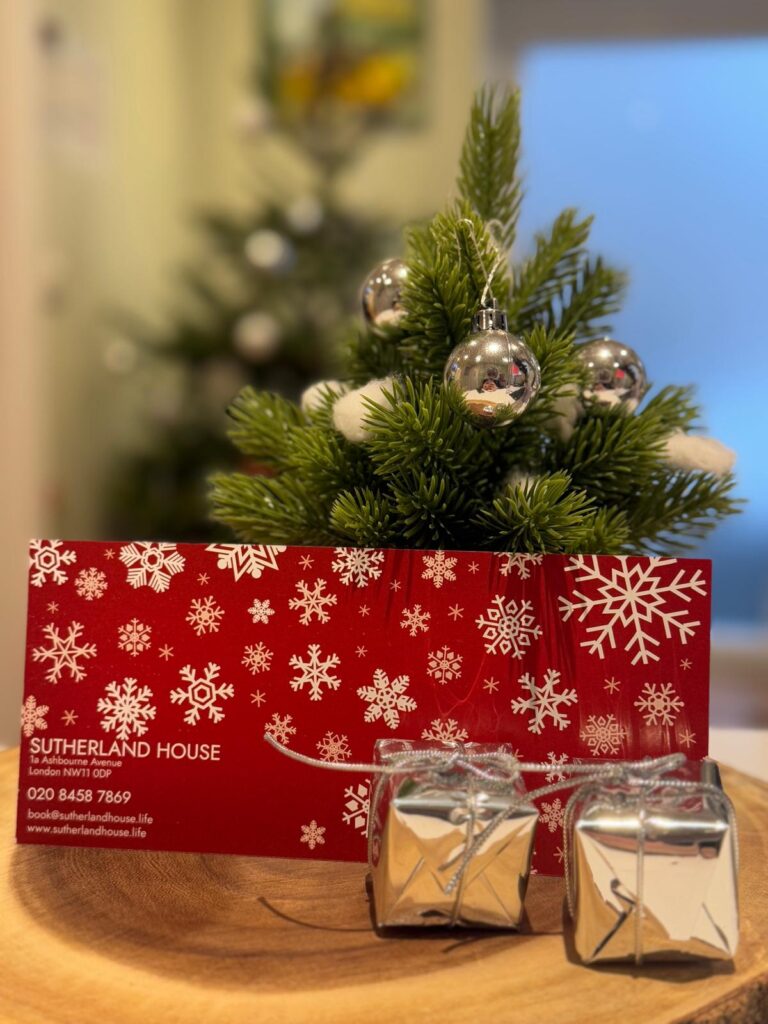We use cookies to improve your experience.
Learn more.
Medical experts are looking again at the Healing Power of Light and Laser Therapy, as we understand more about the links between Sunlight and Health.
The benefits of Low Light Laser Therapy are becoming more apparent to us. In the UK medical practitioners increasingly realise how we may be affected by our position on the globe, and the results of being deficient in sunlight during the winter months.
It is now commonly recognised that we benefit from sunshine, due to its role in the production of vitamin D. In fact, the UK government has updated its advice on sunlight exposure and Vitamin D in recent years, after a consensus of research that has determined that during the UK’s winter months it is not possible for us to produce sufficient Vitamin D.
We are all sunlight deficient in the UK and the consequences of this are now beginning to be understood and accepted.

While we now recognise the benefit of sunshine and it’s role in Vitamin D production, there are other suggested benefits of sunlight too;
Suppression of melatonin
Prevention of certain cancers
Reducing the risk of diabetes
High blood pressure and obesity
Reducing the incidence of multiple sclerosis
And, possibly, reducing
Rheumatoid Arthritis
Asthma
Infectious diseases
and other immunological diseases, such as inflammatory bowel disease (IBS).
The links between sunshine and health are certainly not new. In ancient Greek mythology, Apollo God of Healing was recognised as bringing sun and light with his chariot.
Florence Nightingale also knew that wounded soldiers should be nursed in the sun when possible and this resulted in their better recovery, particularly for healing wounds.
Today the evidence is gaining strength to show this strong correlation between our latitude position and causes of mortality.
Since the 1960s success has been seen using certain frequencies of light at low intensity – low light laser therapy – to result in accelerated wound healing and other beneficial biological changes induced through photobiomodulation (PBM).
Many acute and chronic painful conditions will respond to low photobiomodulation or intensity laser therapy.
Medical conditions that respond particularly well to this low light laser therapy are inflammatory conditions, chronic myofascial or musculoskeletal pain, nerve injury – including eye and brain injury and depression.
Low light laser therapy is a painless, safe and gentle form of treatment giving lasting benefits. In fact, this gentle form of modern laser therapy mimics Florence Nightingale’s approach to the healing power of light and Apollo’s sunlight in many respects.
Find out more about the low light laser therapy we offer at Sutherland House and our practitioner Dr Peter J Herbert FRCP
To book an appointment, or get in touch with a practitioner, call
Or book an appointment online
